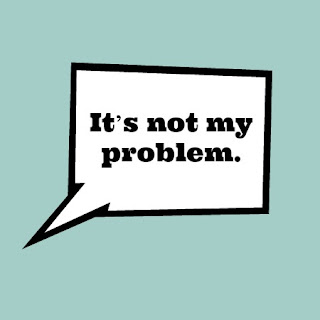the happynesswala. AVIS Viswanathan is the happynesswala! He is an Inspired Speaker, Life Coach, and Author of 'Fall Like A Rose Petal'.
Disclaimer
Disclaimer 1: The author, AVIS, does not claim that he is the be-all, know-all and end-all of all that he shares based on experiences and learnings. AVIS has nothing against or for any religion. If the reader has a learning to share, most welcome. If the reader has a bone to pick or presents a view, which may affect the sentiments of other followers/readers, then this Page’s administrators may have to regrettably delete such a comment and even block such a follower. Disclaimer 2: No Thought expressed here is original though the experience of the learning shared may be unique. AVIS has little interest in either infringing upon or claiming copyright of any material published on this Page. The images/videos used on this Page/Post are purely for illustrative purposes. They belong to their original owners/creators. The author does not intend profiting from them nor is there any covert claim to copyright any of them.
Saturday, October 31, 2015
Simply be. Drop this urge to constantly become this or that.
Friday, October 30, 2015
Life = It is what it is
 |
| Prasanna, A R Rahman and Vivek Picture Courtesy: Internet |
Thursday, October 29, 2015
You get better at dealing with criticism with practice
Wednesday, October 28, 2015
How do you pick yourself up when you have been felled by Life?
Tuesday, October 27, 2015
In order to find time for yourself, simply create it!
Monday, October 26, 2015
When your body is not listening to you, listen to your body
Sunday, October 25, 2015
“You are happy the moment you count your blessings”
 |
| Chitra Visweswaran Photo by Vaani Anand |
 |
| Chitra Visweswaran Photo by Vaani Anand |
Saturday, October 24, 2015
Do you really need to carry that excess baggage?
Friday, October 23, 2015
Patience is the way
Thursday, October 22, 2015
Of a Priest, Prayer, God and Job Security
Wednesday, October 21, 2015
5 minutes is all it takes – to being happy doing what you love doing
Tuesday, October 20, 2015
Enjoy every experience for its own sake – don’t dramatize or intellectualize Life
"Rise In Love" - A film inspired by "Fall Like A Rose Petal"
Monday, October 19, 2015
There is great joy in living dangerously
 |
| Neerja Malik Picture Courtesy: Facebook |
Sunday, October 18, 2015
“Aham kills your inner beauty and joy”
 |
| Picture by Vaani Anand |
 |
| Picture by Vaani Anand |












